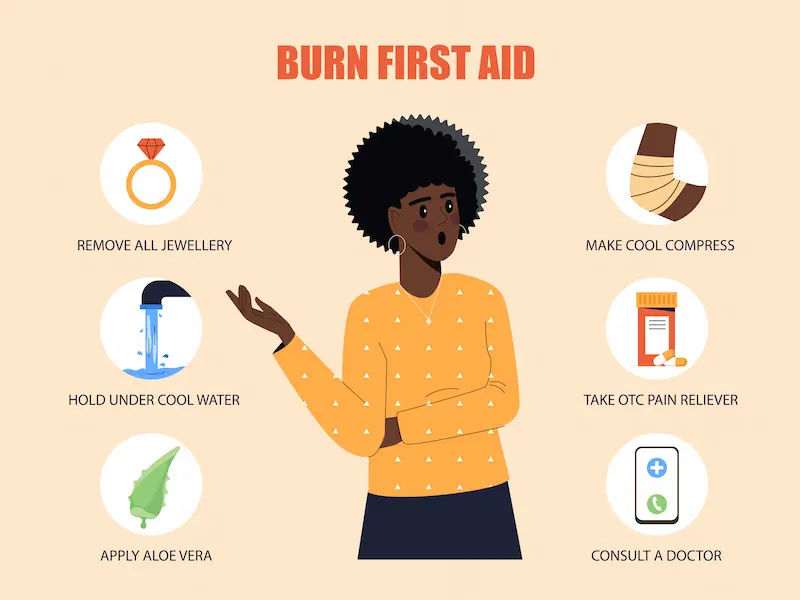Understanding Burnout and Prevention Strategies
Feeling constantly exhausted or unmotivated? Learn how to recognize burnout, understand its causes and symptoms, and discover effective prevention strategies to restore balance and well-being.


Burnout is a state of emotional, physical, and mental exhaustion caused by prolonged stress. It often happens when you feel overwhelmed, emotionally drained, and unable to meet constant demands. While burnout is commonly associated with work, it can also affect personal life, relationships, and overall well-being.
If you’ve been feeling exhausted, unmotivated, or detached from your responsibilities, you might be experiencing burnout. The good news is that with awareness and the right strategies, you can prevent and recover from it.
What Are the Symptoms of Burnout?
Burnout doesn’t happen overnight; it builds up gradually. Recognizing the early signs can help you take action before it worsens. Common symptoms include:
Emotional Signs
Feeling drained, helpless, or trapped
Loss of motivation
Increased irritability or frustration
Feeling detached from work or personal life
Physical Signs
Constant fatigue and low energy
Frequent headaches or muscle pain
Changes in sleep patterns (insomnia or oversleeping)
Weakened immune system (falling sick more often)
Behavioral Signs
Procrastination or reduced productivity
Withdrawing from responsibilities
Using food, alcohol, or other substances to cope
Neglecting self-care
What Causes Burnout?
Burnout is often a result of chronic stress, but several factors contribute to it:
1. Work-Related Stress – Unrealistic deadlines, lack of control over tasks, or a toxic work environment can lead to burnout.
2. Lack of Work-Life Balance – Overworking without time for relaxation or family can drain energy.
3. Perfectionism – Setting excessively high standards for yourself can lead to frustration and exhaustion.
4. Lack of Support – Feeling isolated or unsupported at work or home increases burnout risk.
5. Monotonous Routine – Repetitive tasks without a sense of accomplishment can make work feel meaningless.
Consult Top Specialist
How Does Burnout Affect Your Health?
If left unaddressed, burnout can lead to serious health issues, including:
Mental Health Problems – Anxiety, depression, and mood disorders.
Cardiovascular Issues – High blood pressure, heart disease.
Weakened Immunity – Increased susceptibility to infections.
Digestive Problems – Stress can worsen conditions like acid reflux or irritable bowel syndrome (IBS).
How Can You Prevent Burnout?
1. Set Boundaries
Learn to say "no" when you’re overwhelmed.
Separate work and personal time; avoid checking emails after hours.
2. Prioritize Self-Care
Get enough sleep (7-9 hours per night).
Eat a balanced diet and stay hydrated.
Exercise regularly; even a short walk can boost mood.
3. Take Breaks
Follow the 20-20-20 rule: Every 20 minutes, take a 20-second break to look 20 feet away (helps reduce eye strain).
Schedule short breaks during work to recharge.
4. Seek Support
Talk to friends, family, or a therapist about your feelings.
Join support groups or engage in social activities.
5. Practice Mindfulness
Meditation, deep breathing, or yoga can reduce stress.
Keep a gratitude journal to focus on positive aspects of life.
6. Reevaluate Your Goals
Break tasks into smaller, manageable steps.
Adjust unrealistic expectations; perfection isn’t necessary.
When Should You Seek Professional Help?
If burnout is affecting your daily life, relationships, or health, consider consulting a doctor or therapist. Professional guidance can help you develop coping strategies and prevent long-term consequences.
Need Help? Book a Consultation Today
If you're struggling with stress or burnout, Apollo24|7 offers expert consultations with psychologists and wellness coaches. You can also take stress assessment tests to understand your condition better.
Final Thoughts
Burnout is more than just feeling tired; it’s a serious condition that requires attention. By recognizing the signs early and making small lifestyle changes, you can protect your mental and physical health. Remember, taking care of yourself isn’t selfish; it’s necessary for a happy, balanced life.
Consult Top Specialist
Consult Top Specialist

Dr. Rajib Ghose
General Physician/ Internal Medicine Specialist
25 Years • MBBS
East Midnapore
VIVEKANANDA SEBA SADAN, East Midnapore

Dr. Imtiyaz Khan
General Practitioner
6 Years • MD (Physician), Fellowship in Critical Care,AFIH
Bengaluru
Apollo Clinic, Sarjapur Road, Bengaluru

Dr. Remya Rajan
General Physician/ Internal Medicine Specialist
7 Years • MBBS, MD
Bengaluru
Apollo Clinic, Sarjapur Road, Bengaluru

Dr. Utsa Basu
Diabetologist
14 Years • MBBS , MD
Barasat
Diab-Eat-Ease, Barasat
(75+ Patients)

Dr. Rajesh R
General Practitioner
24 Years • MBBS
Bengaluru
Maruti Polyclinic and dental care, Bengaluru




